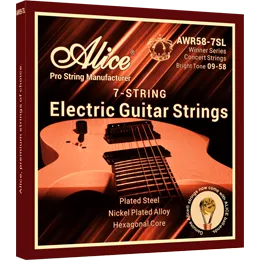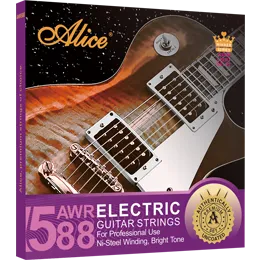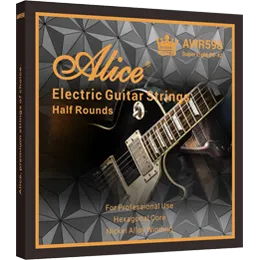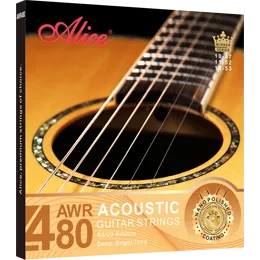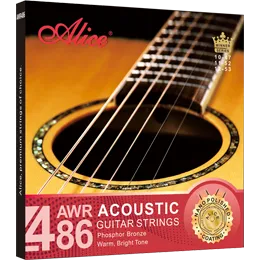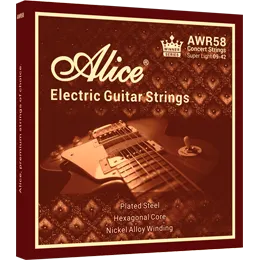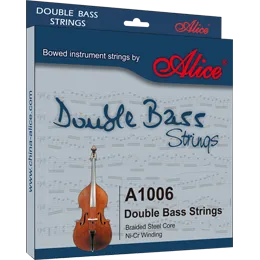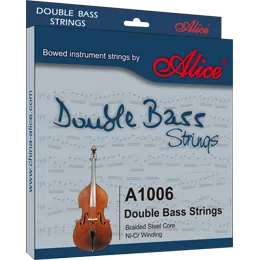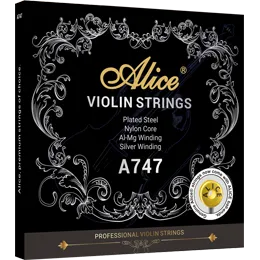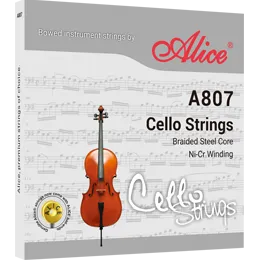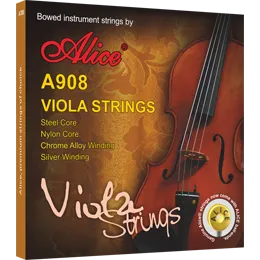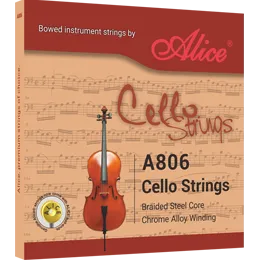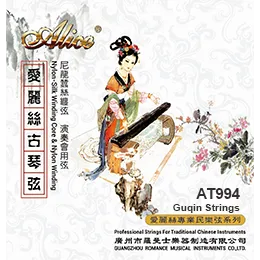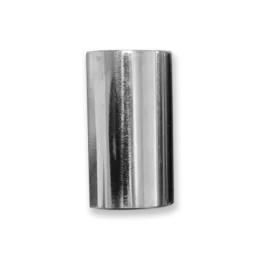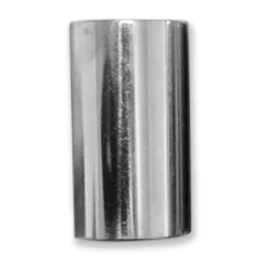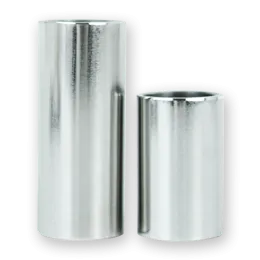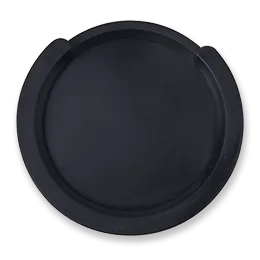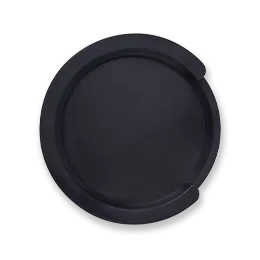Round Core vs. Hex Core Guitar Strings: How do you Choose?
A guitar string contains plenty of elements, including materials, gauges, winding types, coating, etc. Each element affects the tone produced by the strings. The core shape of the guitar string is an important feature. Round core and hex core strings are the most popular and commonly used types.
This article will discuss the differences between the round core and hex core guitar strings and how to choose between them. Follow up and keep reading!
The core wire of round core strings is cylindrical, and their central core is in full contact with the outer wire. On the other hand, a hex core string's central core has a hexagonal shape, with six sides and corners. The outer wrap wire, during the manufacturing process, into the hexagon wire's six corners rather than making full contact with the core's entire surface due to its shape. At present, both shapes of cores are popular in the market. Some of their characteristics are as follows.
Tone
It's well known that maintaining intonation is essential for guitar playing. In general, hex core strings are more stable in tuning than round core strings. Because hex core strings can "grip" the outer wire more firmly than round core strings, it helps maintain the tension throughout the string and prevents them from being out of tune. Therefore, hex core is particularly suitable for blues players, which prefer to play a lot of glissando and vibrato(both have a large probability of pulling the strings out of tune).
Round core strings don't have as much grip as hex core strings. Therefore, in some cases, the tension in holding the core and wind wire is lost, resulting in a slightly stiff tone.
Flexibility
● People like playing soft music, such as folk, country music, etc.
● Players looking for string durability
People Suitable for Hex Core Strings
● Players who prefer strings with strong grip and stability
● People who don't mind changing strings frequently
Why Choose Alice String as Your Supplier
Relate News
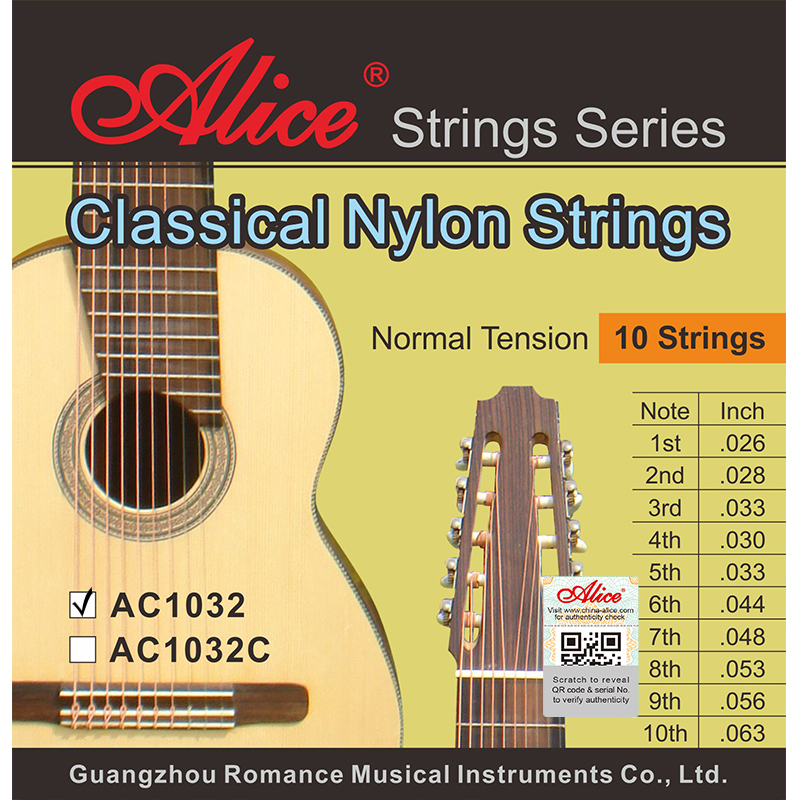
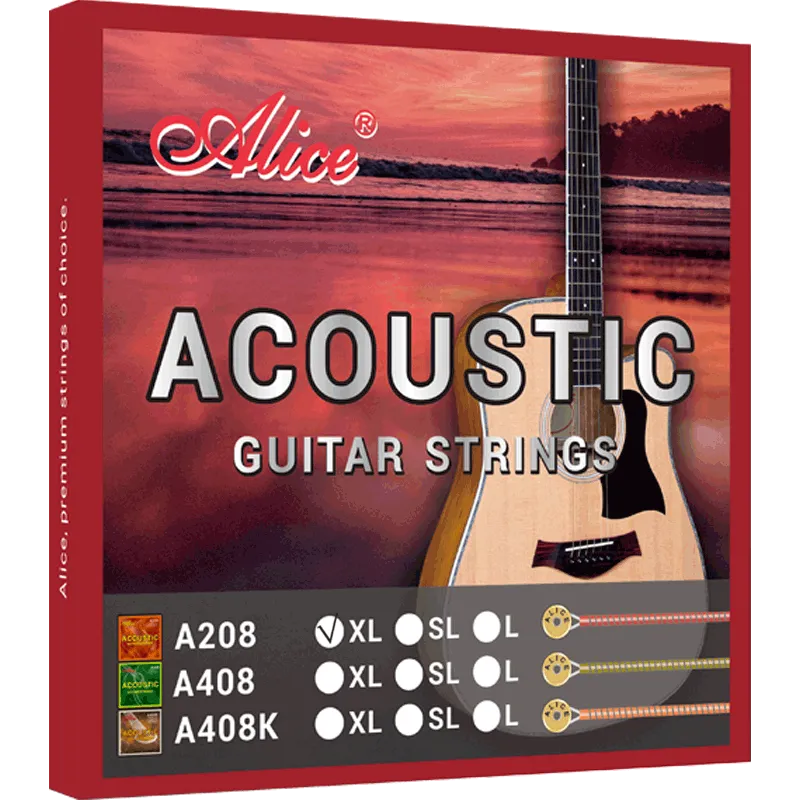
5 Key Indicators to Identify High-Quality Acoustic Guitar Strings
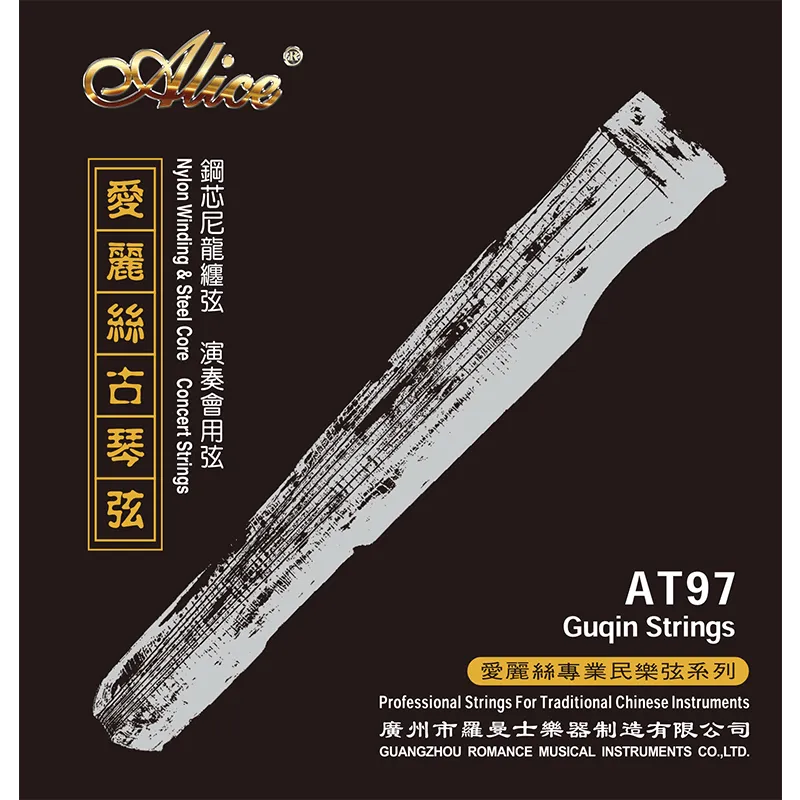
What Are Guqin Strings Made Of?
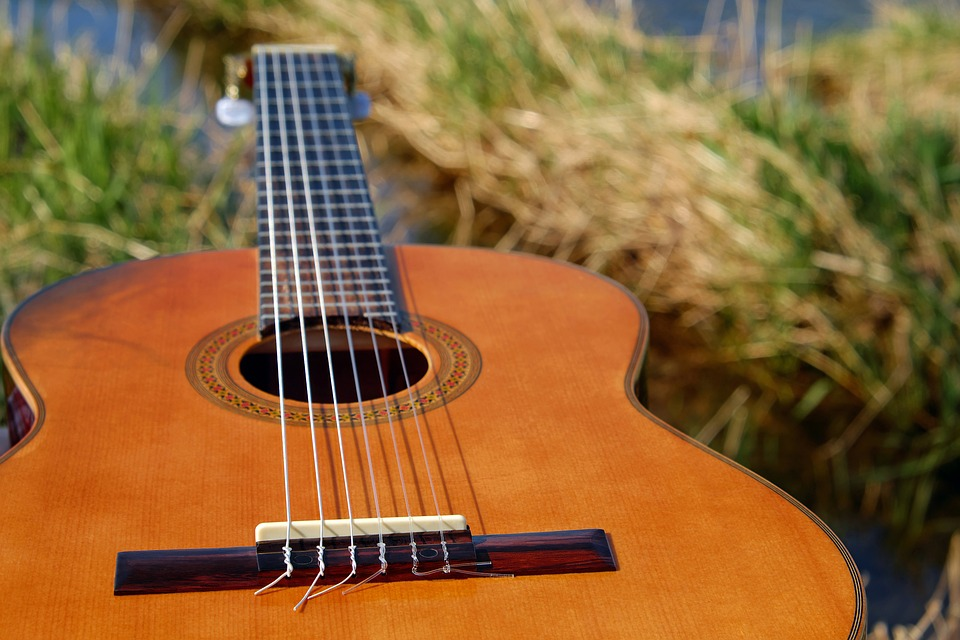
Silk Strings, Steel Strings, and Nylon Strings: Which Is Best for Your Traditional Music Performance?
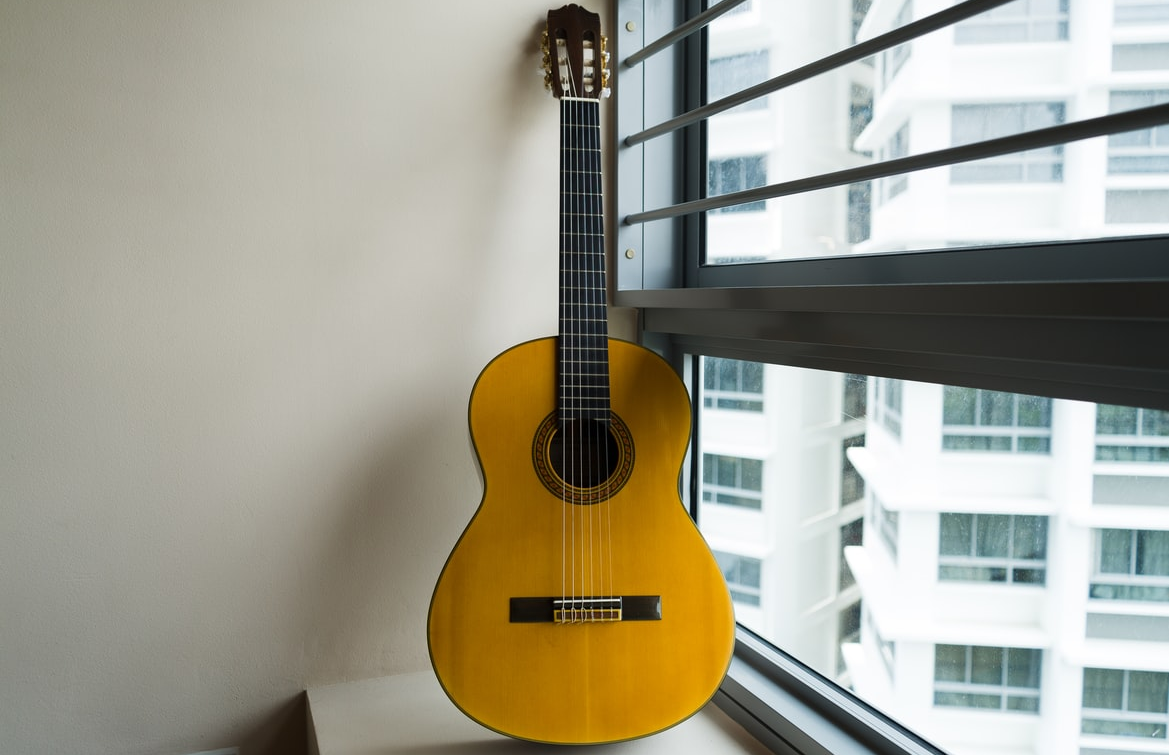
Complete Guide to Guitar String Materials

Orchestral Strings Explained: A Beginner-Friendly Guide to Violin, Viola, Cello, and Double Bass

Tone Comparison of Brass Alloy, Phosphor Bronze, and Coated Guitar Strings

How to Choose the Right Guitar Strings for Your Performance: A Scenario-Based Buying Guide

OEM Guitar String Customization: A Detailed Guide to the Process
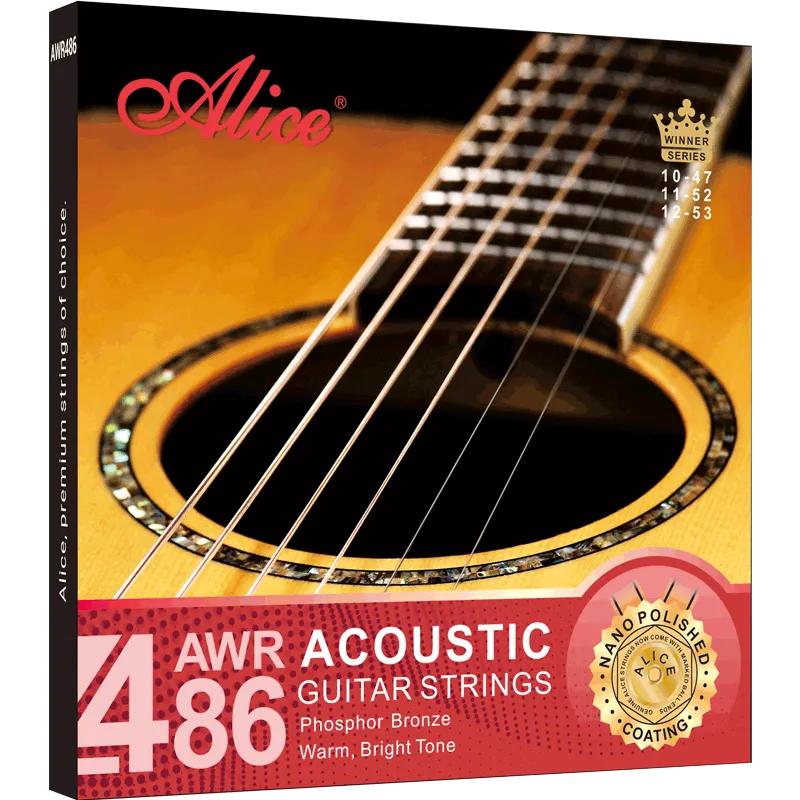
Copper Alloy vs Phosphor Bronze: Which Acoustic Guitar Strings Suit You Best?

Cello Plucking: Can You Pluck a Cello with Your Fingers? How-To And Tips



